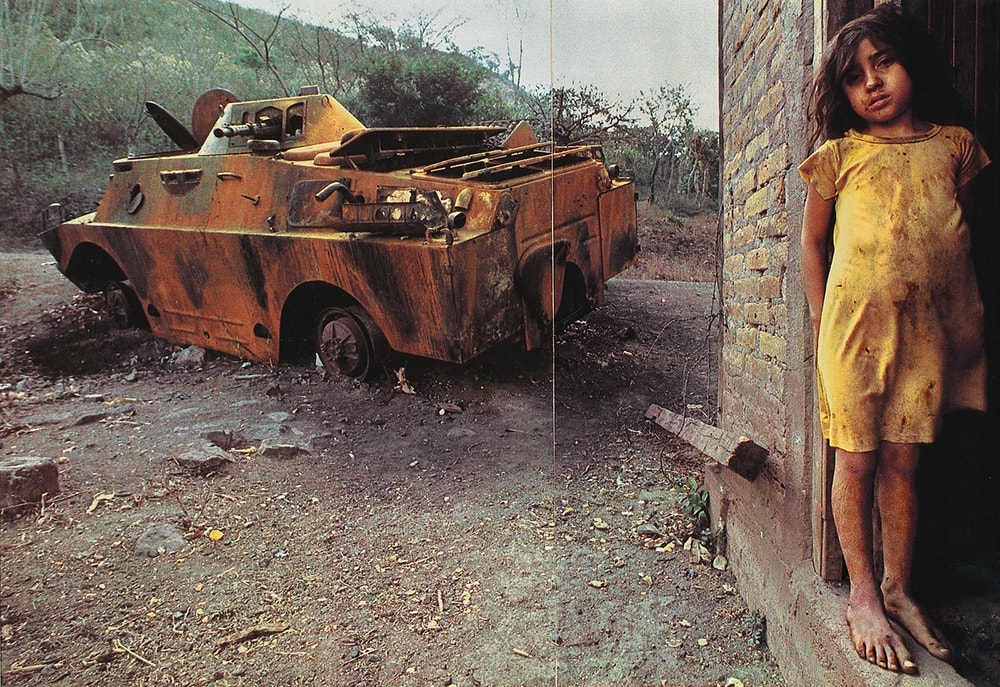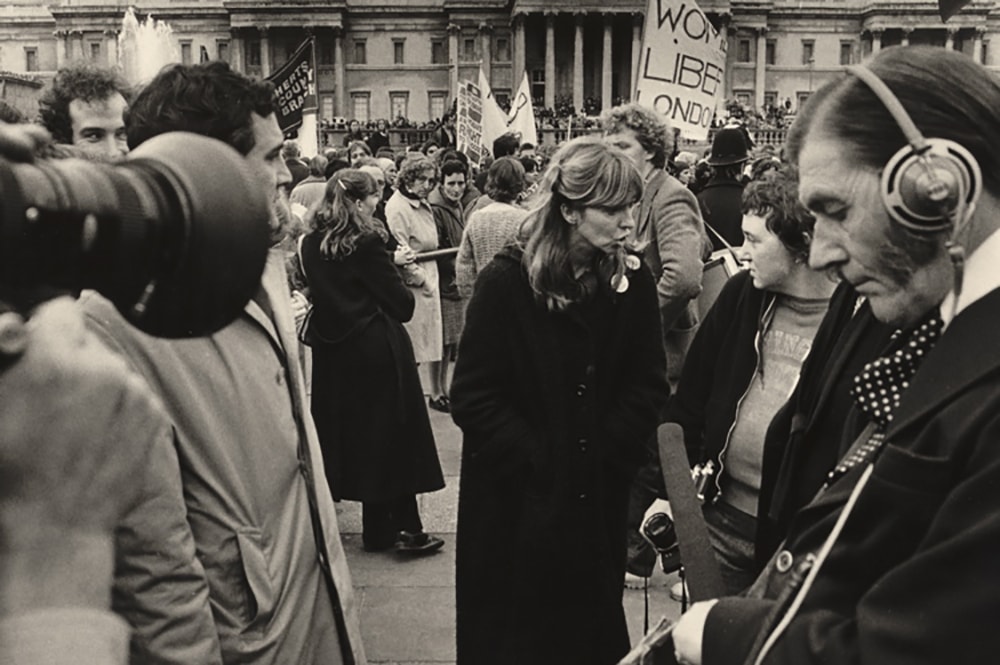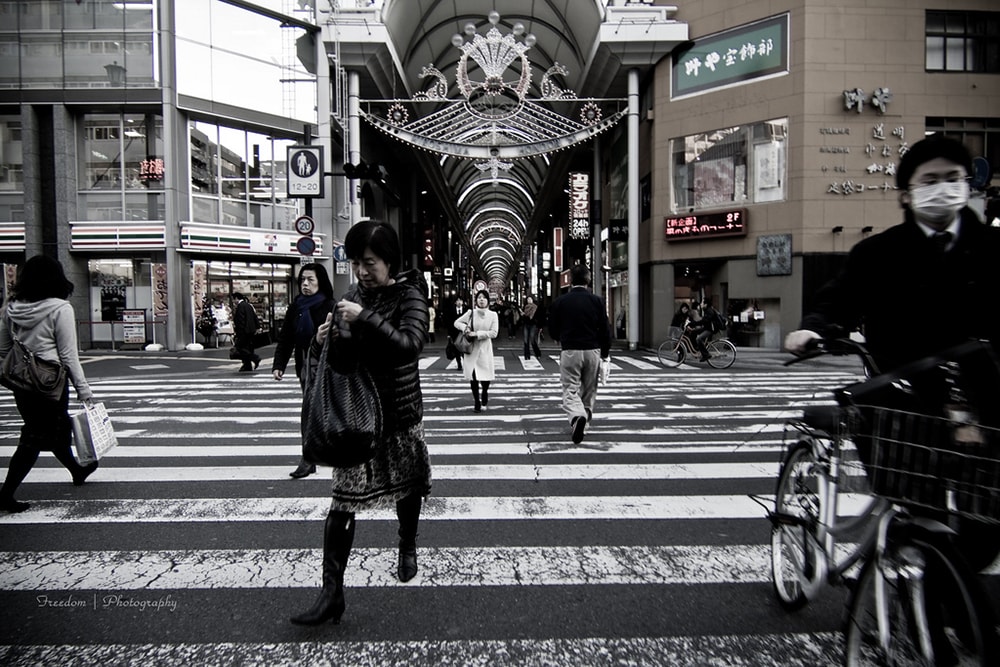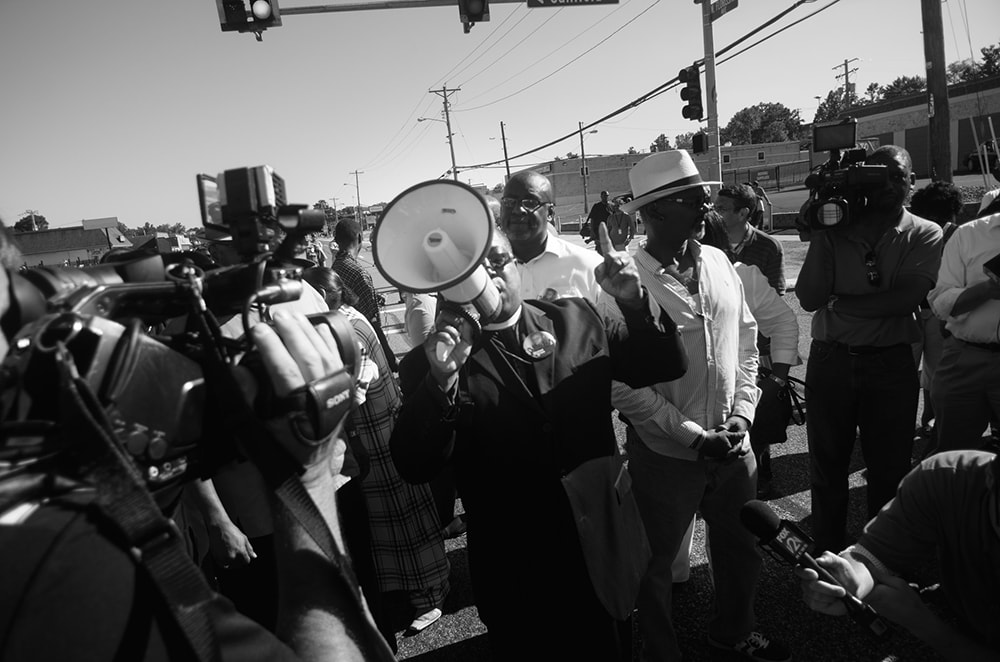Documentary Photography 101: Tips, Tricks and Other Important Details
Not many photographers are into documentary photography. The reason – it’s not easy and it requires a specific set of skills. Documentary photography is not just about clicking the camera. However, it is one of the most satisfying projects one can ever ask for.
First off, though, let us define documentary photography. What is it all about? What makes it so special and satisfying?
What is Documentary Photography?
In the simplest of terms, documentary photography is all about telling stories with significance, such as historical events. One of the objectives of documentary photography is to record social and political events with the purpose of informing the public. Moreover, documentary photography chronicles events that need the attention of an audience in order to stimulate or encourage action and social change. The main task of a documentary photographer is to act as an eyewitness to what is happening in society.

image by Kelly Short
In a way, documentary photography and photojournalism are related. Both are classified as challenging forms of photography. Also, both forms often render the photographer quite helpless because he has no control over the situation.
It’s not like studio or model photography where the poses can be choreographed. In documentary photography, you shoot as the events or the action happens. This is one of the reasons why it is a difficult practice. But if you’re bent on becoming a good documentary photographer, there are always tips and tricks that you can follow and learn.
Documentary Photography Tips and Tricks
Here are some tips and tricks that can help you start your documentary photography adventure on the right note.

image by Tony Hall
Before anything else, research!
Use the Internet or visit your favorite local library to gather all the important information about your subject. Before you go out to shoot, you have to familiarize yourself with the topic you’ll tackle. Doing some research will give you a good understanding of the subject, which will help you come up with ideas on how to shoot or how you want the images to come out.
Interact with your subject (if you can).
In order to come up with the look you desire, you have to reach out to your subject. You don’t have to sit down with them and do an interview. You simply have to approach and start a conversation with them. Establish a connection and build a rapport. This can be done on the spot, before the shoot starts or while you are preparing for the shoot. This will help them feel comfortable with you and your team (if you have one).
Additionally, you can spend several days in the location or within the area; immersing yourself in their situation or the culture. This will greatly help you understand the subject better.
Documentary photography tells stories through faces and emotions.
Be prepared to shoot some close-ups aside from wide-angle shots that show the subject’s environment or surroundings. Showcasing your subject’s face, especially the eyes, will allow you to tell a lot of stories. It will give your audience a lot of things to talk about, which is one of the purposes of documentary photography. Before taking the close-up shots, though, be sure to ask permission from your subject.
Remember: You’re not just a photographer; you’re also a storyteller.

image by Freedom II Andres
Documentary photography tells interesting stories that require action or resolution. Therefore, the best way to get the attention of your audience is to become a storyteller. You have to learn how to tell your subject’s story objectively. You can add some style, but you should never take away facts or details. Tell the story as it is, using the power of your camera and lens.
- Be patient: As previously mentioned, documentary photography is very challenging because you have no control over the situation, the scene, or the subject. Therefore, you should not expect to arrive at the scene or location expecting things to unfold right away. You have to be patient and wait for that defining moment, or for the interesting events to happen. Sometimes, you will need to wait for hours or for several days, before you can finally get the shot you want.
- Variety is the secret: You have to be as creative as you can be in creating your shots. Don’t get stuck with wide-angle shots because they will only give you the general situation. Get out of the box and take close-up shots, and even aerial shots that show various angles of the subject and their story. Focusing closely on your subject will give your images a more personalized feel.
- Practice: Finally, do not forget to practice. You don’t have to go to the location and shoot your subject when you practice. You can do this anywhere and whenever you want to. Remember, practice makes perfect – especially in field as difficult as documentary photography.

image by Jamelle Bouie
Famous Documentary Photographers For You To Follow
There are several respectable documentary photographers in the world that you can follow. Listed below are some of the most popular:
- Lewis Hine became famous when he documented the construction of the Empire State Building. He also took documentary photos of the thousands of immigrants coming to Ellis Island.
- Garry Winogrand documented what life was like in the United States way back in the 1960s. His main focus was New York. After he died at the age of 56, around 300,000 of his photos were discovered, along with over 2,000 rolls of unprocessed film. Some of his best works are displayed in Arizona’s Centre for Creative Photography.
- Henri Cartier-Bresson is not only a documentary photographer, he is also considered a surrealist artist. His most definitive works include the documentations of the American culture, France during the war, and the funeral of the great late leader Gandhi.
Documentary photography is gratifying because everything that you do has substance and significance. Also, your photographs do not only tell stories; they also invite and encourage action where and when it is needed.
